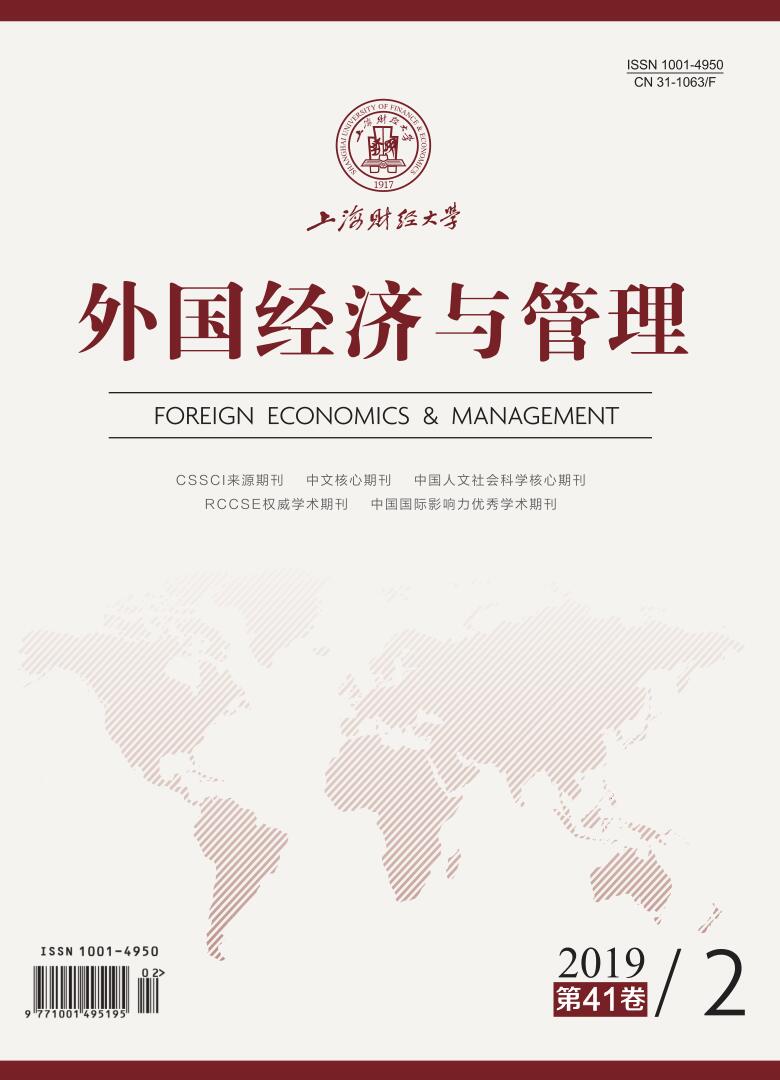Whether it is economics, finance, or management, it has been or is integrating psychology into interdisciplinary exploration. Overconfidence, as one of the most robust findings in psychology, is widely used in the manager’s decision-making process. Existing managerial overconfidence research, however, has a lot of limitations, such as unclear definitions, irrespective types, inexact measurements, and unknown antecedents, which will seriously affect the consistency and universality of the research conclusion. Based on the systematic review of managerial overconfidence literature of behavioral finance, strategic management and financial accounting field, we try to provid a panorama of existing managerial overconfidence research. Firstly, through concept tracing and similar concept differentiation, we have formed a precise definition of managerial overconfidence. On this basis, three types of managerial overconfidence(overestimation, overprecision and overplacement)and their relationships are discussed. Secondly, we summarize the measurement methods of managerial overconfidence in existing studies, including the reflective method, constructive method, procedural method and other methods. Furthermore, the advantages and disadvantages of each measurement method are discussed, and suggestions are given for the measurement method of managerial overconfidence based on the Chinese context. Thirdly, it explores the factors that influence the managerial overconfidence at the individual level, the organizational level and the environmental level, as well as the five corporate behaviors(merger and acquisition, investment and financing, diversification, innovation and corporate social responsibility)influenced by managerial overconfidence and the mechanism behind them. On this basis, this paper also discusses the moderating factors affecting the relationship between managerial overconfidence and corporate behaviors. Finally, this paper constructs an integrated framework of managerial overconfidence research and puts forward future research directions.
 / Journals / Foreign Economics & Management
/ Journals / Foreign Economics & ManagementForeign Economics & Management
JIN Yuying, Editor-in-Chief
ZhengChunrong, Vice Executive Editor-in-Chief
YinHuifang HeXiaogang LiuJianguo, Vice Editor-in-Chief
Managerial Overconfidence: A Literature Review and Prospects
Foreign Economics & Management Vol. 41, Issue 02, pp. 17 - 29 (2019) DOI:10.16538/j.cnki.fem.2019.02.002
Summary
References
Summary
Keywords
[1]Ahmed A S, Duellman S. Managerial overconfidence and accounting Conservatism[J]. Journal of Accounting Research, 2013, 51(1): 1–30.
[2] Billett M T, Qian Y. Are overconfident CEOs born or made? Evidence of self-attribution bias from frequent acquirers[J]. Management Science, 2008, 54(6): 1037–1051.
[3]Brown R, Sarma N. CEO overconfidence, CEO dominance and corporate acquisitions[J]. Journal of Economics and Business, 2007, 59(5): 358–379.
[4]Chatterjee A, Hambrick D C. It’s all about me: Narcissistic chief executive officers and their effects on company strategy and performance[J]. Administrative Science Quarterly, 2007, 52(3): 351–386.
[5]Chen G, Crossland C, Luo S. Making the same mistake all over again: CEO overconfidence and corporate resistance to corrective feedback[J]. Strategic Management Journal, 2015, 36(10): 1513–1535.
[6]Chen S S, Ho K Y, Ho P H. CEO overconfidence and long-term performance following R&D increases[J]. Financial Management, 2014, 43(2): 245–269.
[7] Fast N J, Sivanathan N, Mayer N D, et al. Power and overconfident decision-making[J]. Organizational Behavior and Human Decision Processes, 2012, 117(2): 249–260.
[8]Finkelstein S, Hambrick D C. Top-management-team tenure and organizational outcomes: The moderating role of managerial discretion[J]. Administrative Science Quarterly, 1990, 35(3): 484–503.
[9]Forbes D P. Are some entrepreneurs more overconfident than others?[J]. Journal of Business Venturing, 2005, 20(5): 623–640.[ 9] [10]Goel A M, Thakor A V. Overconfidence, CEO selection, and corporate governance[J]. The Journal of Finance, 2008, 63(6): 2737–2784. [11]Hayward M L A, Hambrick D C. Explaining the premiums paid for large acquisitions: Evidence of CEO hubris[J]. Administrative Science Ouarterly, 1997, 42(1): 103–127.
[12]Hiller N J, Hambrick D C. Conceptualizing executive hubris: The role of(hyper-)core self-evaluations in strategic decisionmaking[J]. Strategic Management Journal, 2005, 26(4): 297–319.
[13]Kim J B, Wang Z, Zhang L D. CEO overconfidence and stock price crash risk[J]. Contemporary Accounting Research, 2016, 33(4): 1720–1749. [14]Li J T, Tang Y. CEO hubris and firm risk taking in China: The moderating role of managerial discretion[J]. Academy of Management Journal, 2010, 53(1):45–68.
[15]Libby R, Rennekamp K. Self-serving attribution bias, overconfidence, and the issuance of management forecasts[J]. Journal of Accounting Research, 2012, 50(1): 197–231. Moore D A, Healy P J. The trouble with overconfidence[J]. Psychological Review, 2008, 115(2): 502–517.
[16] Roll R. The hubris hypothesis of corporate takeovers[J]. The Journal of Business, 1986, 59(2): 197–216.
[17]Tang Y, Li J T, Yang H Y. What i see, what i do: How executive hubris affects firm innovation[J]. Journal of Management, 2015, 41(6): 1698–1723.
Cite this article
Zhang Ming, Lan Hailin, Zeng Ping. Managerial Overconfidence: A Literature Review and Prospects[J]. Foreign Economics & Management, 2019, 41(2): 17-29.
Export Citations as:
For
ISSUE COVER
RELATED ARTICLES




 , 1, 2
, 1, 2 9351
9351  16210
16210

